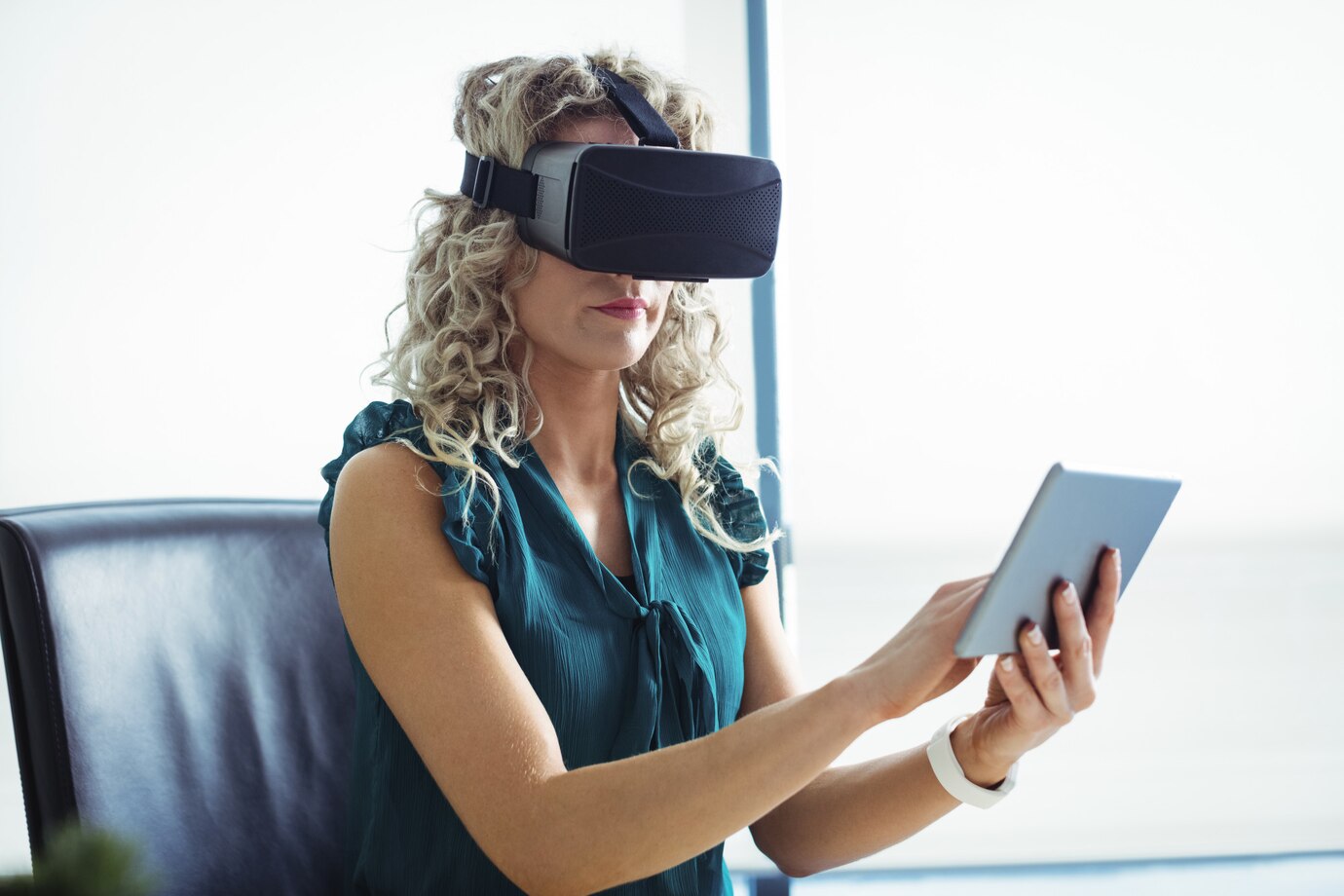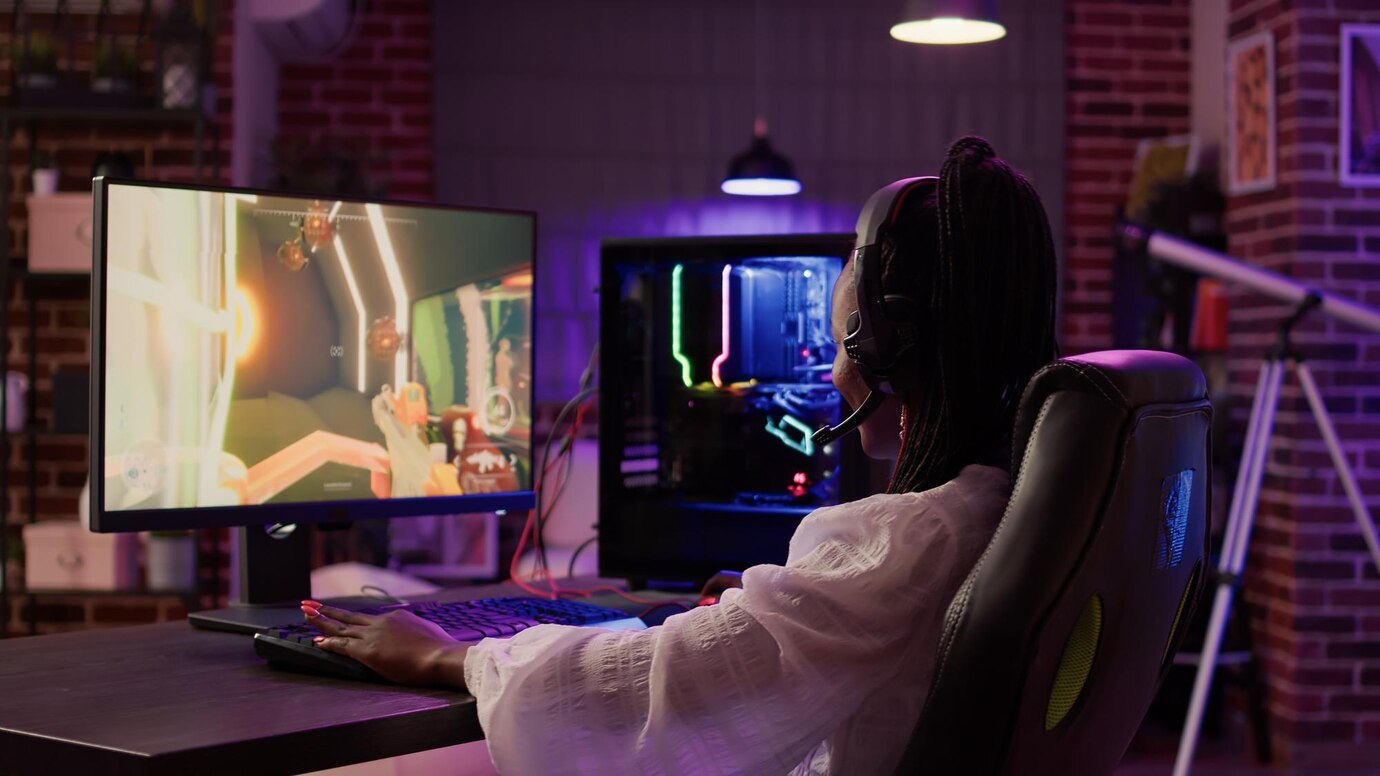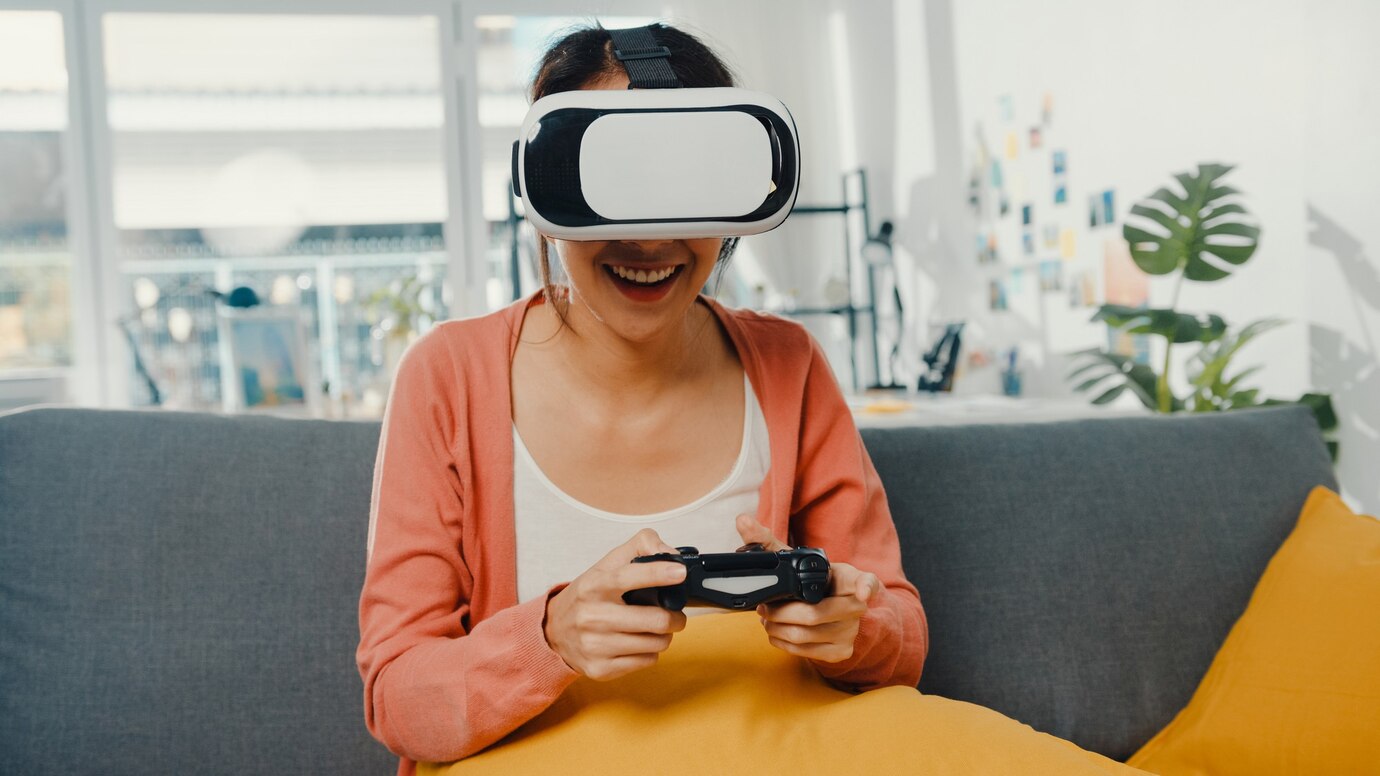The Role of Virtual Reality in mobile apps
The evolution of technology has significantly transformed how we interact with the digital world. Among the most groundbreaking advancements is Virtual Reality (VR), which has transcended its original entertainment niche to influence numerous industries. For mobile app developers, VR presents a wealth of opportunities to innovate and enhance user experiences in ways previously unimaginable. This article explores the integral role VR plays in mobile apps, its impact on developers, and its future potential.
Understanding Virtual Reality in mobile apps

Virtual Reality immerses users in a simulated environment, allowing them to interact with virtual objects and surroundings as though they were real. For mobile app developers, incorporating VR into apps provides a way to redefine engagement by creating immersive, interactive experiences. From gaming to education, real estate, and healthcare, VR applications are reshaping the landscape of mobile development, pushing the boundaries of creativity and functionality.
Enhanced User Engagement

One of the most significant benefits of VR in mobile apps is its ability to captivate users through immersive experiences. Unlike traditional 2D interfaces, VR allows users to step inside the app’s environment, offering a level of engagement that was previously unattainable. Mobile app developers can leverage this capability to create apps that hold users’ attention for longer periods, enhancing customer satisfaction and loyalty. For instance, VR-enabled fitness apps can simulate outdoor environments or personal trainers, making workouts more enjoyable and motivating.
Revolutionizing Gaming and Entertainment

The gaming and entertainment industries have been among the early adopters of VR technology. Mobile app developers are increasingly incorporating VR to deliver realistic and interactive gaming experiences. Games that immerse players in lifelike environments, such as adventure quests or multiplayer simulations, are becoming more prevalent. Similarly, VR-enabled apps for movies, concerts, and virtual theme parks provide users with an unprecedented level of interaction, blurring the lines between reality and fiction.
Transforming Education and Training

Education is another sector where VR is making waves. Mobile app developers are creating VR-based learning platforms that provide immersive and engaging educational content. These apps allow students to explore virtual classrooms, conduct science experiments, or take virtual field trips to historical landmarks, enhancing the learning process. Additionally, VR is proving invaluable in professional training, such as medical simulations or technical skill development, enabling learners to practice in a risk-free environment.
Redefining Real Estate and Retail

For industries like real estate and retail, VR in mobile apps is a game-changer. Developers are designing apps that allow users to take virtual tours of properties or view furniture in their homes before making a purchase. This not only saves time but also enhances the decision-making process by providing a realistic preview of products or spaces. Mobile app developers specializing in these industries are now at the forefront of creating solutions that combine convenience with innovation.
Enhancing Accessibility in Healthcare

The healthcare sector is leveraging VR to provide better patient care and medical training. mobile apps equipped with VR can offer therapy for mental health conditions, such as phobias or PTSD, through simulated environments. Additionally, VR apps are being used for rehabilitation, enabling patients to perform guided exercises in an engaging and controlled setting. For app developers, this represents an opportunity to contribute to a meaningful cause while exploring the vast potential of VR technology.
Challenges and Considerations for Developers

While the benefits of integrating VR into mobile apps are clear, mobile app developers face several challenges. High development costs, limited hardware compatibility, and the need for specialized skills are some of the hurdles in creating VR-enabled apps. Furthermore, ensuring a seamless user experience across various devices requires meticulous optimization and testing. Developers must also address concerns regarding user comfort, such as motion sickness, to ensure widespread adoption.
The Future of VR in mobile apps

The rapid advancements in VR technology, coupled with the increasing adoption of 5G networks, signal a bright future for VR in mobile apps. As hardware becomes more affordable and accessible, mobile app developers will have more opportunities to experiment with innovative VR solutions. The integration of AI and machine learning with VR will further enhance personalization and interactivity, paving the way for next-level user experiences.
Industries such as travel, sports, and social networking are poised to benefit from VR’s growing influence in mobile apps. Virtual travel apps can offer immersive tours of exotic destinations, while VR sports apps can simulate live game experiences from the comfort of one’s home. Social networking apps, on the other hand, can create virtual meeting spaces, enabling users to connect in immersive environments.
Conclusion

Virtual Reality is revolutionizing the mobile app landscape, offering unparalleled opportunities for developers to create unique and engaging experiences. From enhancing entertainment and education to transforming industries like real estate, retail, and healthcare, VR’s impact is far-reaching. For mobile app developers, staying ahead in this evolving field requires embracing VR technology and overcoming its associated challenges. As the technology matures, the possibilities for VR in mobile apps are limitless, promising a future where immersive experiences become an integral part of everyday life.






